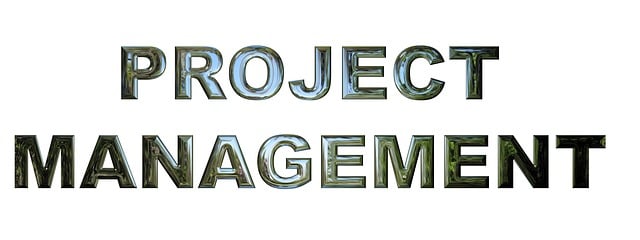Managing operating expenses is crucial for real estate budgeting. By categorizing fixed and variable costs, investors allocate funds effectively, ensuring financial stability and profitability. Meticulous cost tracking identifies inefficiencies, informs strategic decisions, and optimizes budget allocation. Staying dynamic with regular budget reviews accounts for market trends, enabling precise planning and adaptability to maintain competitiveness in the real estate sector.
Accurately budgeting for operating expenses is a cornerstone of successful real estate investment. This guide breaks down the critical components, helping you navigate the complex landscape of costs associated with property management. From understanding the diverse nature of real estate operating expenses to categorizing and tracking costs effectively, we provide actionable strategies. Additionally, learn how to adjust your budget based on market trends, ensuring your investments remain profitable and competitive in today’s dynamic real estate world.
Understand Real Estate Operating Expenses

In the realm of real estate, understanding operating expenses is a cornerstone for successful budgeting. These costs encompass a wide array of items directly linked to the management and operation of properties. From mortgage payments and property taxes to insurance, maintenance, and utilities—each plays a significant role in the overall financial health of a real estate investment.
Accurately budgeting for these expenses requires meticulous research and analysis. Property managers must consider both fixed costs, which remain relatively consistent over time (like rent or loan payments), and variable costs, which fluctuate based on factors like energy usage or repair needs. By breaking down these expenses and allocating funds accordingly, real estate investors can ensure financial stability, avoid unexpected cash flow issues, and ultimately maximize their investment returns.
Categorize and Track Costs Effectively

In the realm of managing a business, especially in dynamic markets like real estate, accurately categorizing and tracking costs is paramount. It involves breaking down expenses into manageable components such as rent, utilities, marketing, and staffing. This not only provides clarity but also empowers informed decision-making.
By effectively tracking these costs, businesses can identify areas where they are over spending or under budgeting. For instance, in real estate, recognizing excessive property maintenance costs compared to initial forecasts might lead to adjustments in future plans. This proactive approach ensures that every dollar is accounted for and allocated efficiently, contributing to overall financial stability and growth prospects.
Adjust Budget Based on Market Trends

Staying ahead in real estate requires a keen understanding of market trends, and budgeting is no exception. As rental rates, property values, and tenant demographics fluctuate, so should your operating expenses budget. Regularly reviewing and adjusting your budget allows for accurate financial planning and ensures you’re prepared for any changes in the market.
For instance, if there’s a growing demand for luxury apartments in your area, you might need to allocate more funds for amenities and maintenance to keep up with the competition. Conversely, declining property values could lead to reductions in taxes and insurance costs, freeing up budget for other essential areas. Staying adaptable with your budget will help maintain profitability and ensure your real estate business remains competitive.






